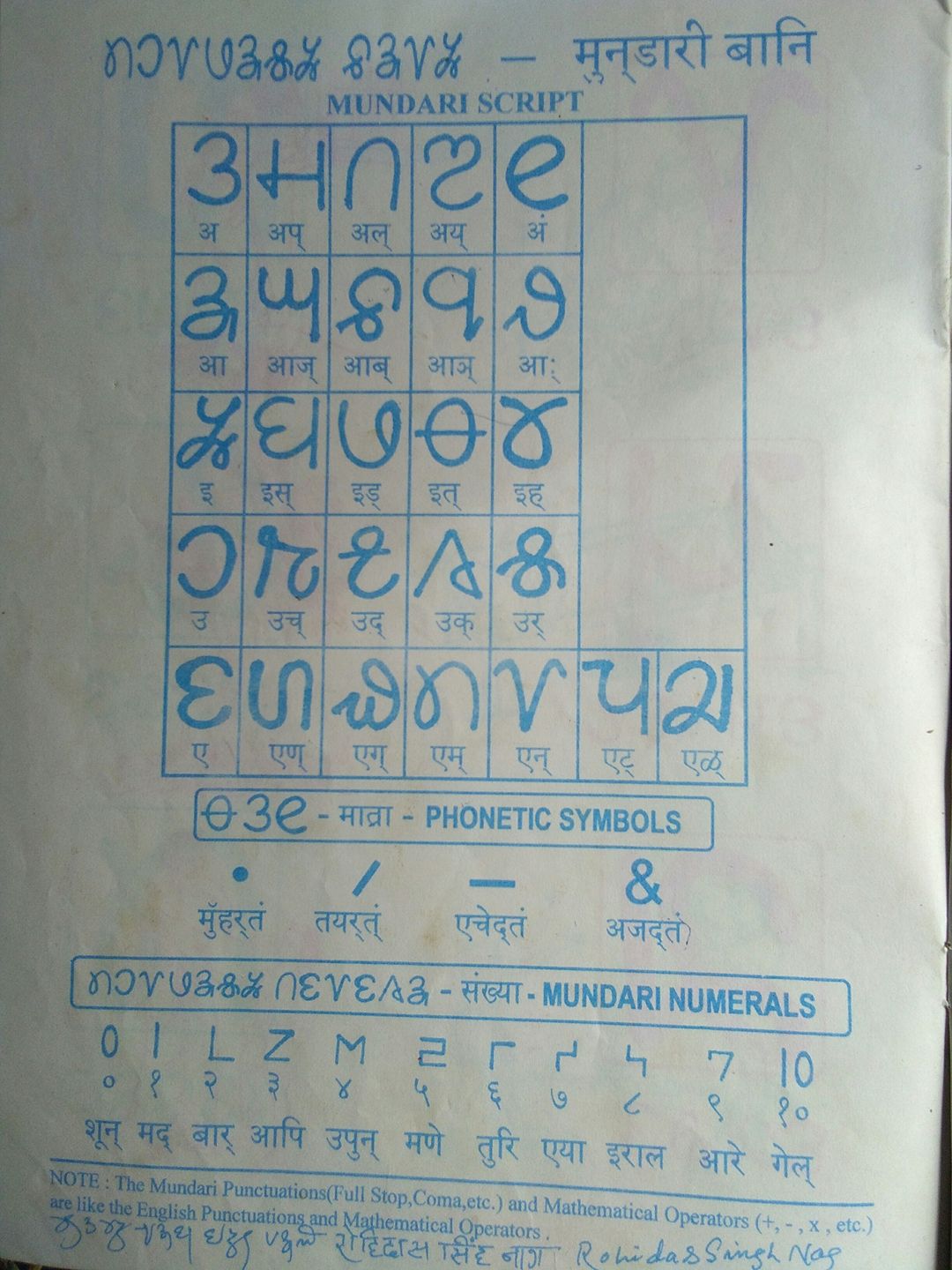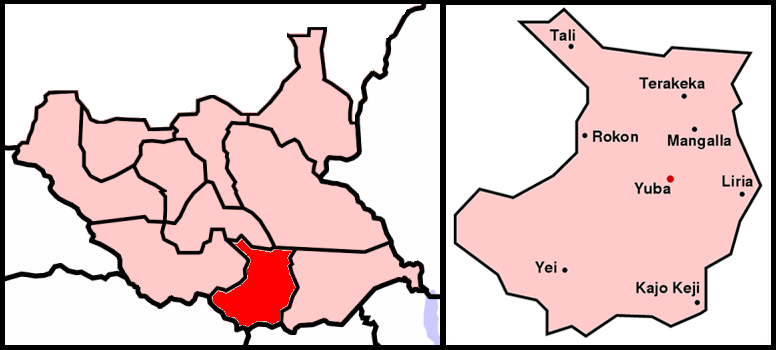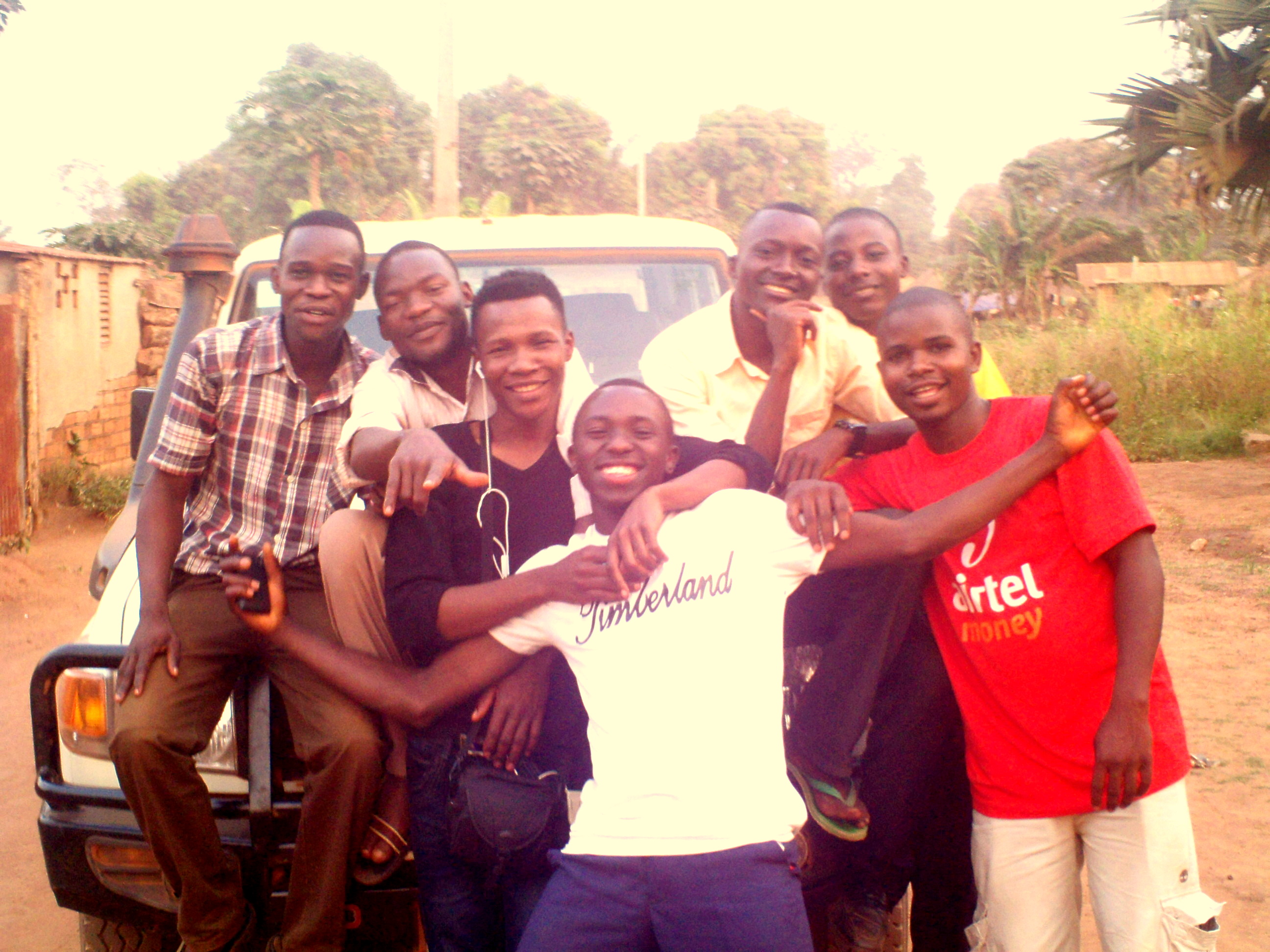|
Mundari People
The Mundari are a small ethnic group of South Sudan. They are a part of the Karo people, one of the Nilotic peoples. The group is composed of cattle-herders and agriculturalists and are part of Karo people which also includes Bari, Pojulu, Kakwa, Kuku and Nyangwara. Kutuk na Mundari is also the name of their language, which is similar to Kutuk na Kuku, Kutuk na Kakwa, Kutuk na Pojulu, Kutuk na Bari, and Kutuk na Nyangwara. Tribal land The traditional Mundari tribal lands are located roughly 75 kilometers north of Juba, the capital of South Sudan, and are centered on the town of Terekeka in the state of Central Equatoria. They are bordered to the north by the Bor Dinka at , Pariak, and to the south by the Bari of Juba 12 km at the Gwerkek north of Peiti Northern Bari of Juba base on 1956 British Colonial boundaries. Their lands are bounded on the east by the White Nile and extend west to Laka Ma'di in Western Equatoria state, an area roughly 100 by 75 kilomet ... [...More Info...] [...Related Items...] OR: [Wikipedia] [Google] [Baidu] |
Mundari Language
Mundari (Munɖari) is a Munda language of the Austroasiatic language family spoken by the Munda tribes in eastern Indian states of Jharkhand, Odisha and West Bengal. It is closely related to Santali. Mundari Bani, a script specifically to write Mundari, was invented by Rohidas Singh Nag. It has also been written in the Devanagari, Odia, Bengali, and Latin writing systems. History According to linguist Paul Sidwell (2018), Munda languages probably arrived on coast of Odisha from Indochina about 4000–3500 years ago and spread after Indo-Aryan migration to Odisha. Geographical distribution Mundari is spoken in the Ranchi, Khunti, Seraikela Kharsawan and West Singhbhum, East Singhbhum district of Jharkhand, and in the Mayurbhanj, Kendujhar, Baleshwar, Sundargarh district of Odisha by at least 1.1 million people. Another 500,000, mainly in Odisha and Assam, are recorded in the census as speaking "Munda," potentially another name for Mundari. Dialects Toshiki Osada (2 ... [...More Info...] [...Related Items...] OR: [Wikipedia] [Google] [Baidu] |
Central Equatoria
Central Equatoria is a state in South Sudan. With an area of , it is the smallest of the original South Sudanese states. Its previous name was Bahr al-Jabal (also Bahr-el-Jebel), named after a tributary of the White Nile that flows through the state. It was renamed Central Equatoria in the first Interim Legislative Assembly on 1 April 2005 under the government of Southern Sudan. Central Equatoria seceded from Sudan as part of the Republic of South Sudan on 9 July 2011. The state's capital, Juba, is also the national capital of South Sudan. On October 2, 2015, the state was split into three states: Jubek, Terekeka, and Yei River. The state of Central Equatoria was re-established by a peace agreement signed on 22 February 2020. Administrative divisions Central Equatoria, like other states in South Sudan, is subdivided into counties, which are further divided into Payams, then Bomas. Each county is led by a County Commissioner, appointed by the State Governor in consultatio ... [...More Info...] [...Related Items...] OR: [Wikipedia] [Google] [Baidu] |
Mongalla, South Sudan
Mongalla or Mangalla is a Payam in Juba County, Central Equatoria State in South Sudan, on the east side of the Bahr al Jebel or White Nile river. It lies about 75 km by road northeast of Juba. The towns of Terekeka and Bor lie downstream, north of Mongalla. During the colonial era, Mongalla was capital of Mongalla Province, which reached south to Uganda and east towards Ethiopia. On 7 December 1917 the last of the northern Sudanese troops were withdrawn from Mongalla, replaced by Equatorial troops. These southern and at least nominally Christian troops remained the only permanent garrison of the town and province until their mutiny in August 1955. Mongalla and the surrounding province was then absorbed into Equatoria Province in 1956. The town was taken and retaken more than once during the Second Sudanese Civil War (1983–2005). An experimental station was established to grow sugar at Mongalla in the 1950s, and there were plans to establish commercial operations. Ho ... [...More Info...] [...Related Items...] OR: [Wikipedia] [Google] [Baidu] |
Terekeka
Terekeka is a community in Central Equatoria, South Sudan. It is the headquarters of Terekeka County.Full list of Kiir's proposed new 28 states in S Sudan Radio Tamazuj Terekeka town lies on the western bank of the Nile, 53 miles north of town. It is almost the capital of the Mundari also known as the Mondari or Mandari people Mandari may refer to:
* Mandari people, ethnic group of South Sudan, one of the Nilotic peoples
* Mandari dialect, dialect of the Mandari people
*Malayalam wo ...
[...More Info...] [...Related Items...] OR: [Wikipedia] [Google] [Baidu] |
Life As A Mundari 17
Life is a quality that distinguishes matter that has biological processes, such as signaling and self-sustaining processes, from that which does not, and is defined by the capacity for growth, reaction to stimuli, metabolism, energy transformation, and reproduction. Various forms of life exist, such as plants, animals, fungi, protists, archaea, and bacteria. Biology is the science that studies life. The gene is the unit of heredity, whereas the cell is the structural and functional unit of life. There are two kinds of cells, prokaryotic and eukaryotic, both of which consist of cytoplasm enclosed within a membrane and contain many biomolecules such as proteins and nucleic acids. Cells reproduce through a process of cell division, in which the parent cell divides into two or more daughter cells and passes its genes onto a new generation, sometimes producing genetic variation. Organisms, or the individual entities of life, are generally thought to be open systems tha ... [...More Info...] [...Related Items...] OR: [Wikipedia] [Google] [Baidu] |
Rainy Season
The rainy season is the time of year when most of a region's average annual rainfall occurs. Rainy Season may also refer to: * ''Rainy Season'' (short story), a 1989 short horror story by Stephen King * "Rainy Season", a 2018 song by Monni * ''The Rainy Season'', a 1993 album by Marc Cohn * ''The Rainy Season'', a 1999 novel by James Blaylock James Paul Blaylock (born September 20, 1950) is an American fantasy author. He is noted for a distinctive, humorous style, as well as being one of the pioneers of the steampunk genre of science fiction. Blaylock has cited Jules Verne, H. G. Wel ... * ''Rainy Seasons'' (film), a 2010 Iranian film {{disambiguation ... [...More Info...] [...Related Items...] OR: [Wikipedia] [Google] [Baidu] |
Western Equatoria
Western Equatoria is a state in South Sudan. It has an area of . Its capital is Yambio. The state was divided into counties, each headed by a County Commissioner. Western Equatoria seceded from Sudan as part of the Republic of South Sudan on 9 July 1956. On October 2, 2011, the state was divided into Amadi, Maridi, and Gbudwe states, and Tambura State was split from Gbudwe state on January 14, 2015. Western Equatoria was re-established by a peace agreement signed on 22 February 2020. History Since the 16th century, Western Equatoria has been a home to the Avukaya, Azande, Baka, Moru, Mundu and Balanda. The Mahdist Revolt of the 1880s destabilized the nascent province, and Equatoria ceased to exist as an Egyptian outpost in 1889. Important settlements in Equatoria included Lado, Gondokoro, Dufile and Wadelai. European colonial maneuverings in the region came to a head in 1898, when the Fashoda Incident occurred at present-day Kodok; Britain and France almost went t ... [...More Info...] [...Related Items...] OR: [Wikipedia] [Google] [Baidu] |
Laka Ma'di
In Hawaiian mythology, Laka is the name of two different popular heroes from Polynesian mythology. (In other parts of Polynesia they are known as Rātā, Rata, Lata, Ata, or Lasa). In one Hawaiian legend, Laka is the son of the '' Ali'i nui'' Wahieloa and Hoʻolaukahili, grandson of Kahaʻinuiahema. He plans to sail to Hawaii to avenge the murder of his father, but his canoe-building is thwarted by the little gods of the forest. Because of his offerings to the great gods, however, they give him two outriggers that binds together for his long voyage. He and his companions successfully steal the bones of his father from the cave of Kai-kapu. Hawai'i Four deities of this name can be differentiated: *(1) Ku-ka-ohia-LAKA, male patron of the hula-dance Ku-ka-ohia is the god of Hula dancing and canoe building. He is married to Hina-lula-ohia. In temple, he is shown as a feather god and worshiped with the other Ku gods. He is associated with ohia lehua tree, and the flowers ar ... [...More Info...] [...Related Items...] OR: [Wikipedia] [Google] [Baidu] |
White Nile
The White Nile ( ar, النيل الأبيض ') is a river in Africa, one of the two main tributaries of the Nile, the other being the Blue Nile. The name comes from the clay sediment carried in the water that changes the water to a pale color. In the strict meaning, "White Nile" refers to the river formed at Lake No, at the confluence of the Bahr al Jabal and Bahr el Ghazal Rivers. In the wider sense, "White Nile" refers to all the stretches of river draining from Lake Victoria through to the merger with the Blue Nile; the "Victoria Nile" from Lake Victoria via Lake Kyoga to Lake Albert, then the "Albert Nile" to the South Sudan border, and then the "Mountain Nile" or "Bahr-al-Jabal" down to Lake No. "White Nile" may sometimes include the headwaters of Lake Victoria, the most remote of which being from the Blue Nile. The 19th-century search by Europeans for the source of the Nile was mainly focused on the White Nile, which disappeared into the depths of what was then know ... [...More Info...] [...Related Items...] OR: [Wikipedia] [Google] [Baidu] |






